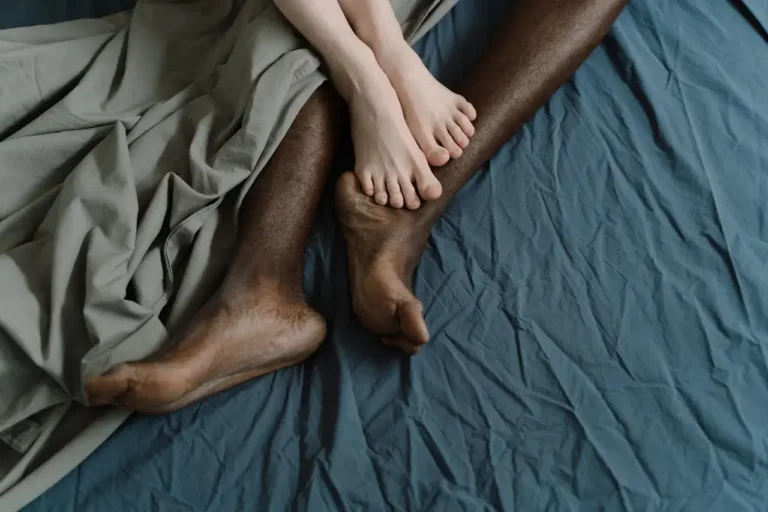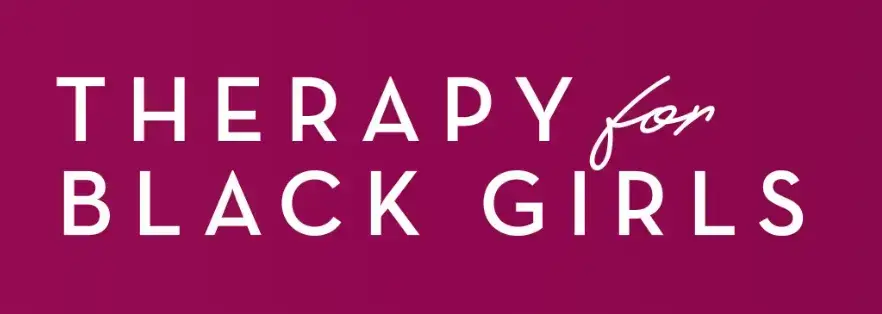Coping with Grief During the Holidays
2023 Edition
Leave Your Info
Follow Us on Social 😊🧠
Just like we did last year, we’re here to offer support to those coping with grief during the holidays. As therapists and fellow grievers, we’re here for you. If you’re grappling with the absence of a loved one, the end of a significant relationship, or any profound loss, this time of year can be particularly challenging. Our hope is to normalize grief during the holidays and help you find your way through this holiday season with self-compassion & love.
Normalizing Grief During the Holidays
Before we dive into our holiday survival tips, it’s important to recognize and normalize the wide range of grief experiences that many of us face during this time of year. The holiday season, often portrayed as a time of unbridled joy and family gatherings, can be particularly challenging for those who are grieving. Whether it’s the first holiday without a loved one, or even several years on, the festive cheer can sometimes deepen the sense of loss and loneliness.
Heightened Emotions
The holidays can act like an amplifier for your feelings. You might find yourself more tearful, irritable, or nostalgic. These intensified emotions are a normal part of grief during such a significant time.
Changing Traditions
You might find that old traditions no longer bring the same joy, or they may now carry a sense of sadness. It’s okay to change, adapt, or even skip certain traditions if they feel too painful this year.
Social Withdrawal
The desire to withdraw from social gatherings is common. You might feel out of place amidst the festive spirit, or simply not have the energy to engage in celebrations.
Mixed Emotions
It’s normal to experience a confusing mix of emotions – moments of joy interspersed with sadness or guilt. Enjoying yourself does not diminish the love you have for the person you’re grieving.
Physical Symptom
Grief can manifest physically, especially during stressful times like the holidays. You might experience changes in appetite, sleep disturbances, or a general sense of fatigue.
Yearning and Reminiscing
The holidays can bring back memories and a strong sense of longing for what was. Reflecting on past holidays with your loved one is a common way grief presents itself.
Strategies for
Coping with Grief During the Holidays
As we move into our holiday survival guide, remember that these tips are not about eradicating grief, but about finding ways to manage and cope with it during a time that can be particularly challenging. Your feelings are valid, and it’s okay to approach the holiday season in a way that honors both your loss and your need for self-care.
Now, let’s explore some strategies to help you navigate the holiday season with a heart full of grief…
Let's Not Pretend Grief isn't Sucking the Air out of the room.
The festive season can intensify feelings of loss and sadness. Acknowledging this is crucial. Don’t pressure yourself to conform to the typical holiday cheer. It’s like squeezing into a too-small sweater – uncomfortable and unnecessary.
Coping with Grief Through New Traditions
Honoring a lost loved one can be a therapeutic way to cope. Start a new tradition in their memory – light a candle, play their favorite holiday tune, or attempt their legendary (yet perhaps not-so-tasty) holiday recipe. It’s a meaningful way to keep their spirit present.
Comfort in Simplicity
Find solace in simple, cozy activities. Wrap up in a blanket, enjoy a warm drink, and allow yourself to just be. Embrace your emotions, whatever they may be, in your personal ‘Grief Burrito.’
Saying"No" Is A Part Of Coping with Grief
You’ll likely receive numerous invitations to holiday gatherings. Remember, it’s perfectly okay to decline. If you do attend, plan an exit strategy. Knowing you have the option to leave can make staying more manageable.
Laughter Amidst Tears
Grief can be overwhelming, but it’s okay to find humor in life’s absurdities. Laugh at silly holiday movies, quirky sweaters, and even your emotional ups and downs. Joy amidst sorrow is not disrespectful – it’s human.
Reach Out To Loved ones
Don’t hesitate to lean on friends, family, or a therapist. Talking about your loved one or your feelings can be incredibly cathartic. It’s like releasing pressure gradually to avoid an emotional explosion.
Coping with Grief?
Our Online Grief Counselor Can Help
Final Thoughts on
Coping with Grief & Loving Yourself Through It All
Grieving during the holidays can feel like an unwelcome, lingering guest. Yet, it’s also a reflection of the deep love and connections you’ve experienced. Honor your emotions, practice self-care, and remember it’s okay to experience a mix of sadness and happiness. You’re not alone in this journey. May this holiday season bring you moments of peace and comfort.
Coping with grief during the holidays is a deeply personal experience. Remember, it’s okay to seek professional help if you find yourself struggling. Your mental health is important, and support is available.
Here’s to finding your way through this season with grace, love and self-compassion.

FAQs about Online Therapy at
Mind by Design in New Jersey
How do I get started as a new client?
Do you offer traditional talk therapy?
of course! though we have some unconventional therapy approaches, we are rooted in evidenced based practices. Talk therapy is a major player in the therapy room! See What we Treat and Integrative Services for more information
Does my insurance cover my visits?
Uur goal it to decrease stress and anxiety, so we understand that the financial commitment to therapy is something to consider! We provide OON billing for clients who decide to bill their insurance for services. A “Superbill” can be provided to you for potential reimbursement of services. To know if you have to OON benefits, you can call your insurance company and ask about the process of receiving these benefits.
Our Insurance Page shares a small blurb about Why We Left Insurance Panels
What is the difference between associate therapists & fully licensed therapists?
See our “Affordable Therapy” Page for info on licensing and costs of therapy.
LAC/LSW are therapists who may practice clinical work under the supervision of a fully licensed therapist.
LPC/LCSW are therapists who have completed the necessary clinical hours post-graduation under supervision and can practice clinical work independently.
What is your cancellation policy?
We ask that clients provide at least 24 hours notice in the event that they need to cancel to avoid the 50% cancellation fee. we understand that life happens and do our best to be flexible & reschedule.
What is Virtual Reality Therapy (VRT)?
VRT is an immersive tool that helps clients to explore environments that can not be traditionally explored in therapy. Visit our VR page for more info and to watch our infomercial
What is VRT used for?
we use VRT to support Exposure Therapy, a long standing traditional therapy modality to treat phobias, anxiety and stress. we send a headset directly to your home so you can access VRT from anywhere.
VRT not only helps with exposure therapy for phobias, but is great for ADHD, mindfulness, PTSD and social anxiety.
How does the process work?
- Fill out a consult request below or reach out to us directly.
- our phone number is 609-300-6481, call or text
- MBD will respond within 24 business hours
- You will get access to the patient portal to complete the intake paperwork
- Once the paperwork is submitted and reviewed we confirm your intake appointment
- Prior to your intake, you will receive a link to access the telehealth session.
Do You Offer Free or Reduced Therapy?
Yes! We offer a sliding scale as well as reduced fee therapy for clients working with out graduate interns. To learn more visit: Reduced Fee Therapy










